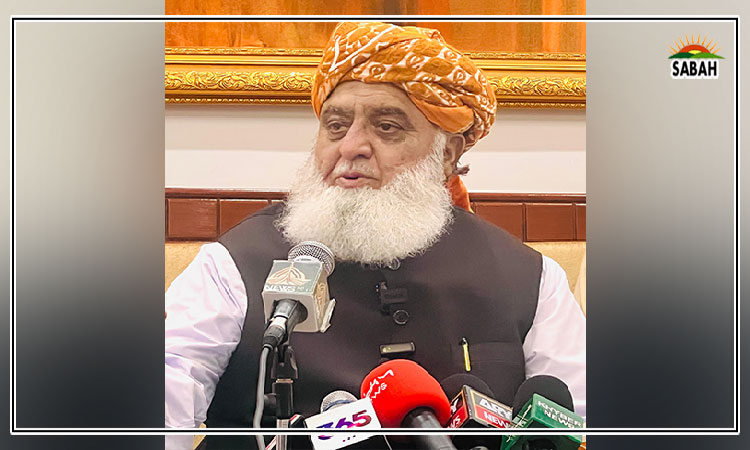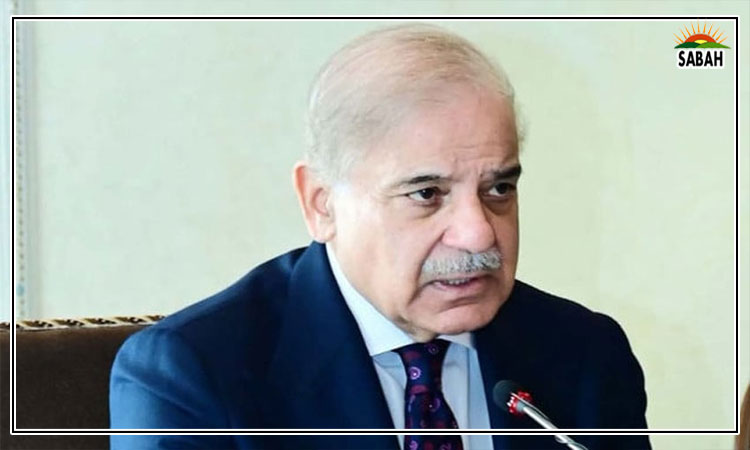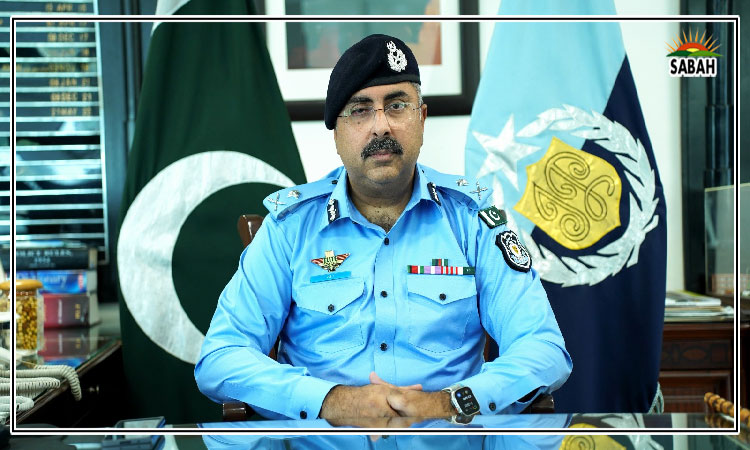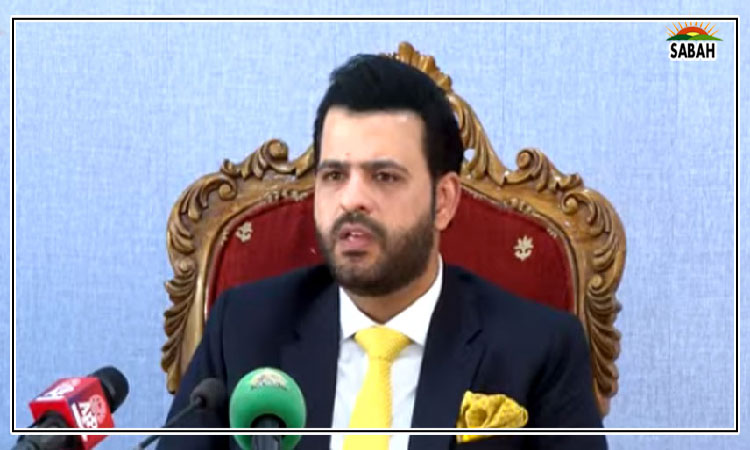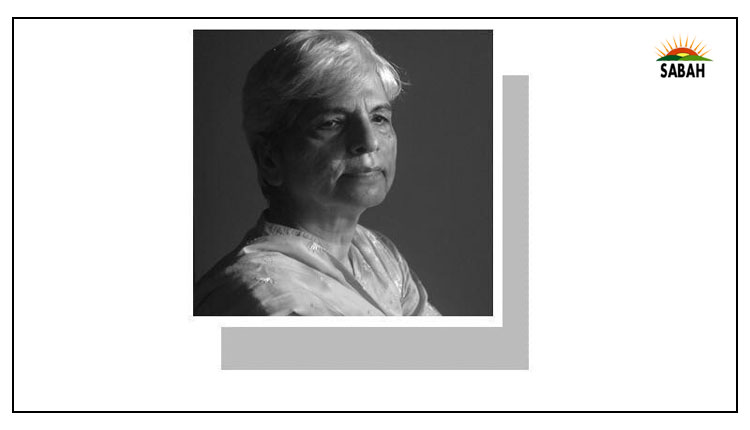RIP my ‘book mate’…Zubeida Mustafa
FOR over 30 years we shared the same passion — our love of books. That means both of us loved to read and treasure them, though our tastes and even the language we liked to read in were different. But such is the magic of books — that they create a very special bond that never breaks. Now I feel bereft, for Sabahat Kalim, my ‘book mate’, is no more. She passed away on June 25 leaving her loving family devastated.
I first met Sabahat in 1990 when I was interviewing people in my search for a professional librarian for Dawn. The editor had requested me to oversee the library as he felt that a journalist would understand the newspaper’s needs. In three years, I was frustrated. The first two librarians who were hired just couldn’t rise to our expectations. One was too slow, and the other was too quick in outside matters. In my third attempt I was lucky. Among those who responded to my call was a young woman whose remarkable confidence and knowledge bowled me over. Then there was no looking back. Thus began Sabahat’s long association with Dawn and me. She proved to be an asset for the newspaper — the journalists as well as members of the management and the marketing department. She was the most sought after person from every floor of Haroon House, and she vindicated my choice.
Sabahat did her profession proud. She could well be described as the role model for aspiring young librarians. Her first commitment was to make information promptly accessible for the reader who could be a leader writer in a hurry demanding the details of an event that happened 50 years ago. And all this was in the pre-internet days when thumbing through Keesings’ Contemporary Archives, Who is Who and the newspaper clipping files was the only way of meeting our information needs and deadline constraints.
It was remarkable how Sabahat used her imagination and her aesthetic skills to make the library a pleasant place that attracted readers. The books were neatly catalogued and over 400 clipping files enabled a reader to trace any news that had appeared in the press.
Sabahat’s greatest achievement is Dawn’s newspaper index.
Sabahat’s greatest achievement, that I believe is unparalleled in Pakistan, is Dawn’s newspaper index. When the newspaper was computerised there came the opportunity to make an index, which is every library’s dream. It is a challenging task, but I never doubted her potential to do the job and she did it. She had a natural instinct to dig out information and arrange it in such a way that it could be easily retrieved. Only a researcher would appreciate what Sabahat launched. In Dawn’s index you can search for something specific and you will find specifically what you are looking for. You are not confronted with a million or more irrelevant suggested answers as happens when you use Google. Full credit for designing and creating the index and sustaining it goes to Sabahat. She alone had the resilience to do it, and redo it when a file was corrupted. Dawn earned a reputation of being a haven for researchers who flocked here in search of material for their theses/books from far and wide.
She was interesting company and her knowledge of Urdu literature, especially poetry, was phenomenal as was her interest in qawwali. But more than a friend, she was a person you knew you could fall back on. She was more concerned about my visual disability and quietly facilitated me by ensuring that I had all the information I needed for whatever I was writing about. Her skill as an indexer benefited many authors, and I feel honoured that she made the index for all my books as she had promised. When friendship and professional cooperation combine, one could not be more fortunate.
True to her name (meaning beauty), she had a beautiful heart. Kind and generous to a fault, she always responded to a cry for help. Whether it was an ill friend in need of company or a domestic aide’s child who needed medical care, Sabahat was always there to help. I remember once she told me about a girl of 12 who had burnt her leg that was not treated. As she grew older, it became difficult for the child to even walk normally or go to school. Not only would Sabahat accompany the child to the hospital until needed, she followed up this kind deed by supporting the family monetarily for several months as the child was badly malnourished. That was not all. Thanks to Sabahat the girl recovered fully, completed her education and was married. How many lives she made better we may never know, for the help she extended was quiet but practical.
Didn’t Ghalib, her favourite, write:

(Merely because it courses through the veins,/ I’m not convinced if it drips not from one’s eyes blood cannot be held true.)
Courtesy Dawn





